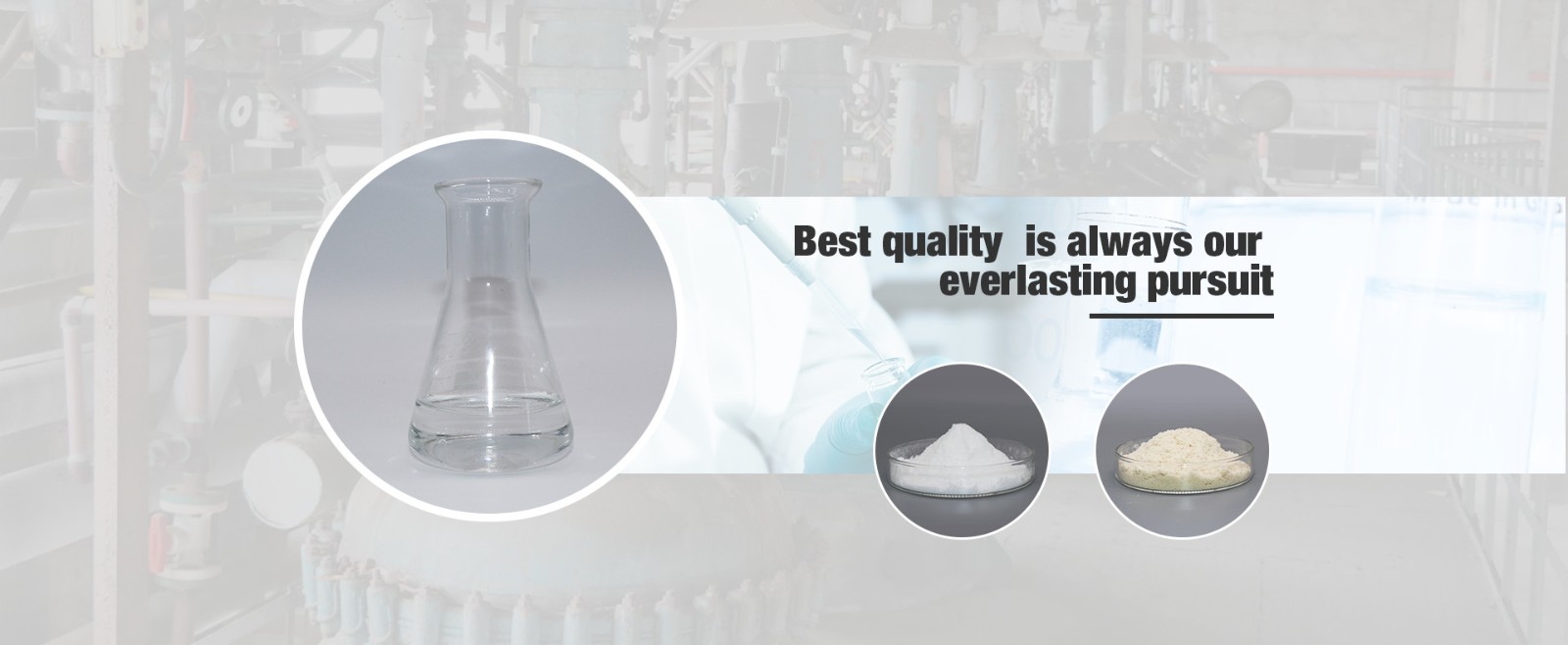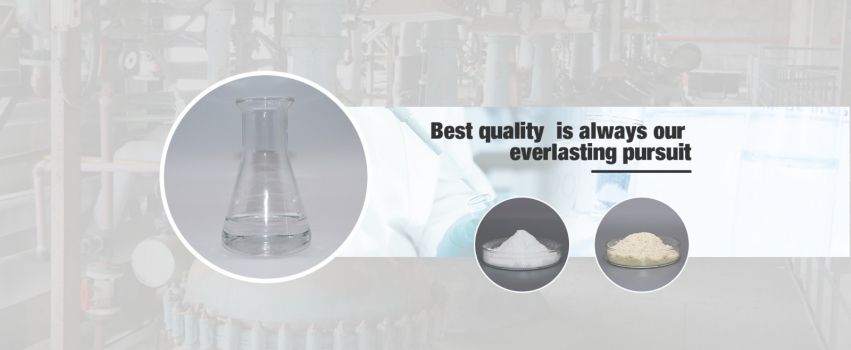Thermal sensitive chemicals are substances that are sensitive to changes in temperature and that can undergo chemical or physical changes as a result of exposure to heat. These chemicals can be classified according to the temperature at which they become sensitive, such as low temperature sensitive, moderate temperature sensitive, or high temperature sensitive.
Thermal sensitive chemicals are used in a wide range of applications, including in the food industry, where they are used as food additives to preserve the freshness and flavor of food; in the pharmaceutical industry, where they are used as ingredients in drug formulations; and in the cosmetics industry, where they are used as ingredients in personal care products.
Some examples of thermal sensitive chemicals include:
1. Food additives: These are chemicals that are added to food to preserve its freshness, flavor, or appearance. Some examples of food additives that are sensitive to temperature include antioxidants, which can decompose at high temperatures, and emulsifiers, which can separate at low temperatures.
2. Drug formulations: These are mixtures of chemicals that are used to prepare medications for use. Some examples of drug formulations that are sensitive to temperature include injectable drugs, which can become contaminated if exposed to high temperatures, and transdermal patches, which can lose their effectiveness if exposed to low temperatures.
3. Personal care products: These are products that are used for personal grooming and hygiene, such as shampoos, lotions, and sunscreens. Some examples of personal care products that are sensitive to temperature include oils, which can become rancid if exposed to high temperatures, and emulsions, which can separate if exposed to low temperatures.




















